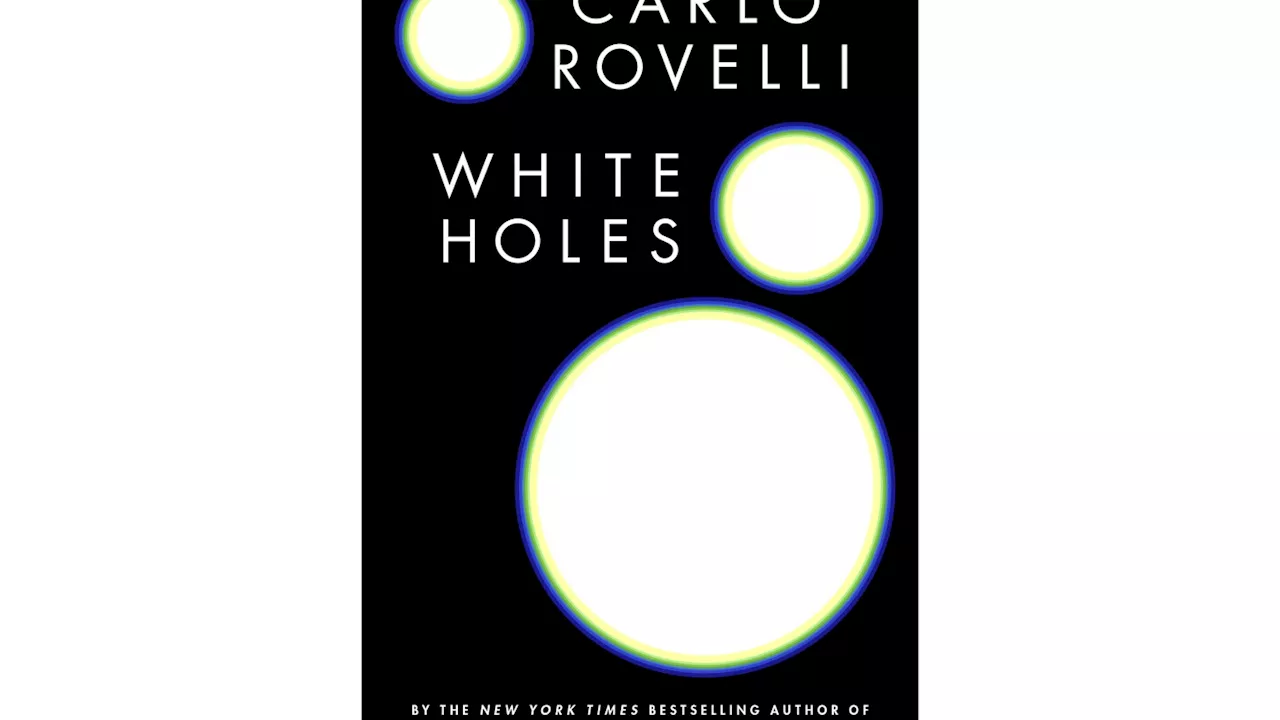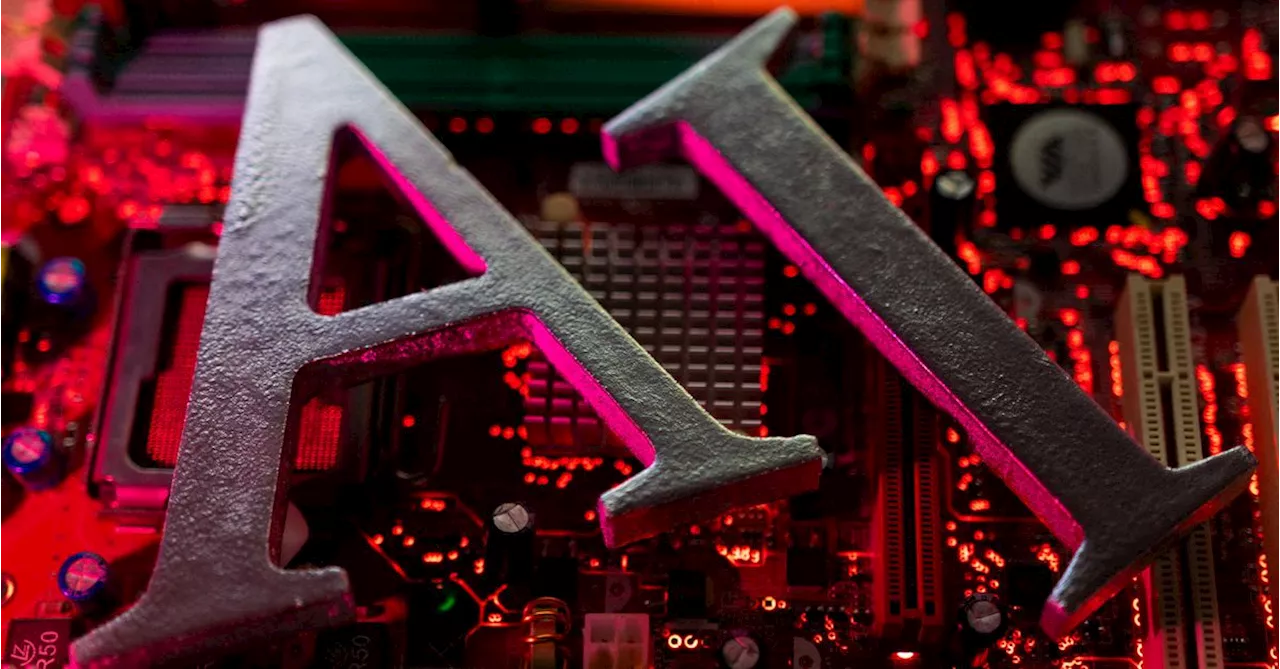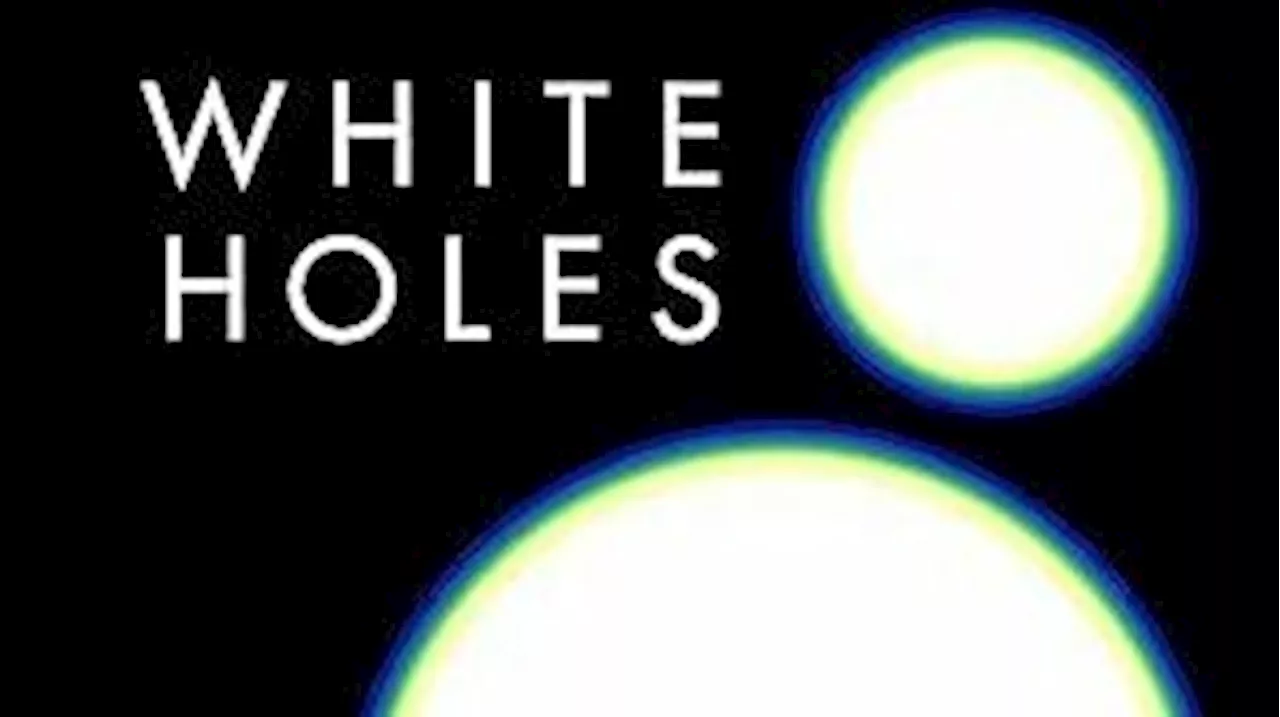Physicist Carlo Rovelli is unique among modern scientists who write for popular audiences in his ability to capture the purest essence of his science with both precision and lyricism.
Horizons are weird. They delimit what we can see in the distance, but they are also always personal: Walk 10 miles to the west and your horizon line moves 10 miles to the west with you.
Remarkably, this local, personal character of horizons also extends to black holes, the most enigmatic objects in the cosmos. Going beyond that horizon towards a new understanding of space, time and black holes is the principal goal of physicist Carlo Rovelli's wonderful new book"What happens at the center of a Black Hole?" is one of those questions I get whenever I tell someone I'm an astrophysicist — and it's the question that propels this book.
The science question at the heart of Rovelli's new book comes from his own research into the intersection of Einstein's General Theory of Relativity and Quantum Mechanics. The former identifies gravity with the shape of space and time. The latter determines the behavior of the nanoworld — i.e., atoms and their constituents.
Black holes form when so much matter accumulates in one location that no force can stop its contraction via gravity. Imagine a star that has used up its nuclear fuel and no longer produces energy to support itself against its own weight . As the fuel runs out, gravity squeezes the star down to ever smaller sizes. At some point the dead star is so small and dense that light emitted from its surface cannot escape gravity's pull.
I won't spoil the ending by telling you what Rovelli says happens when black holes turn into white holes. I will, however, tell you that taking the journey with Rovelli is more than worth the price of the book. Dante gave us his tour of the underworld. We could not do better than having Rovelli as a guide into the dark world of black holes.
United States Latest News, United States Headlines
Similar News:You can also read news stories similar to this one that we have collected from other news sources.
 Book Review: 'White Holes' by Carlo Rovelli reads more like poetry than science lessonTheoretical astrophysicist Carlo Rovelli takes readers on a journey to the hypothetical inverse of black holes in his latest book, “White Holes.” The Associated Press' Andrew DeMillo writes that Rovelli's slim book often reads more like poetry than a science lesson.
Book Review: 'White Holes' by Carlo Rovelli reads more like poetry than science lessonTheoretical astrophysicist Carlo Rovelli takes readers on a journey to the hypothetical inverse of black holes in his latest book, “White Holes.” The Associated Press' Andrew DeMillo writes that Rovelli's slim book often reads more like poetry than a science lesson.
Read more »
 Sweeping White House executive order takes aim at AI's toughest challengesThe Biden White House unveiled its ambitious next steps to guide national AI development on Monday backed by 'the force of law.'
Sweeping White House executive order takes aim at AI's toughest challengesThe Biden White House unveiled its ambitious next steps to guide national AI development on Monday backed by 'the force of law.'
Read more »
 Exclusive: White House urges schools to carry overdose reversal drugThe request is a response to the grim reality that opioid overdoses have risen rapidly among children and teenagers.
Exclusive: White House urges schools to carry overdose reversal drugThe request is a response to the grim reality that opioid overdoses have risen rapidly among children and teenagers.
Read more »
 White House unveils wide-ranging action to mitigate AI risksU.S. President Joe Biden will take wide ranging action on artificial intelligence (AI) on Monday by seeking to increase safety while protecting consumers, workers, and minority groups from the technology's related risks.
White House unveils wide-ranging action to mitigate AI risksU.S. President Joe Biden will take wide ranging action on artificial intelligence (AI) on Monday by seeking to increase safety while protecting consumers, workers, and minority groups from the technology's related risks.
Read more »
 Biden unveils U.S. government's first-ever AI executive orderThe executive order builds on voluntary commitments the White House previously secured from leading AI companies.
Biden unveils U.S. government's first-ever AI executive orderThe executive order builds on voluntary commitments the White House previously secured from leading AI companies.
Read more »
 Biden unveils U.S. government's first-ever AI executive orderThe executive order builds on voluntary commitments the White House previously secured from leading AI companies.
Biden unveils U.S. government's first-ever AI executive orderThe executive order builds on voluntary commitments the White House previously secured from leading AI companies.
Read more »
